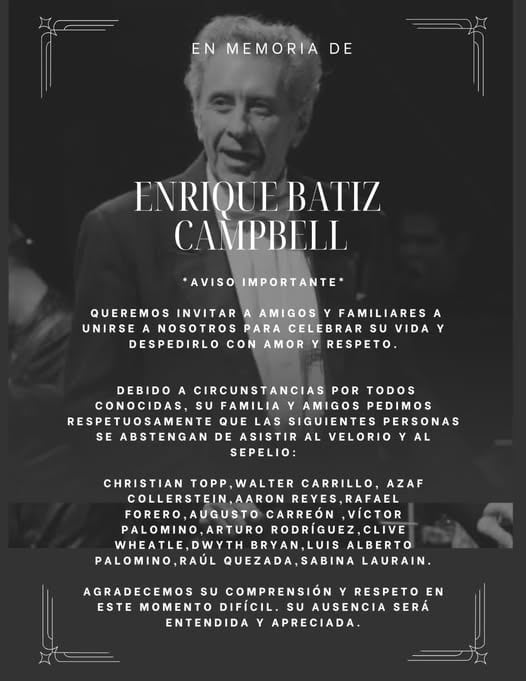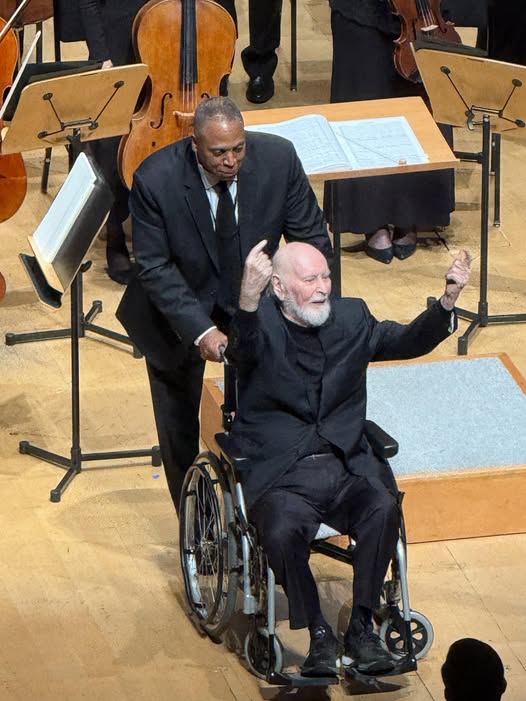Beethoven’s local is sold to Wise
NewsThe Viennese emporium of Doblinger, where Beethoven bought his music paper, has been sold to the UK-based multinational publisher Wise Music Group.
Doblinger Musikverlag was a late add-on to the family’s general music business. Founded in 1876, the composers it published are chiefly Austrian, from Franz Abt to Otto M. Zykan. What Wise has acquired is the copyrights, not the building.






Comments